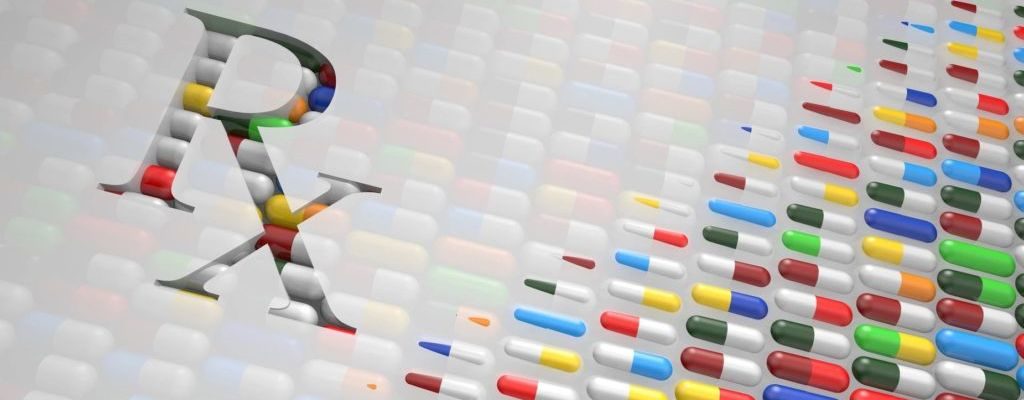A recent New York Times article (see link below) details a growing pattern of stimulant abuse by high school students seeking to boost test scores and grades. While clearly not a scientific piece this article details a concern that many who work with adolescents are already aware of: students are under tremendous pressure to succeed and achieve, and often seek an additional boost to help them. The Times article provides a series of anecdotes about students who are using stimulant medication to help them focus on their work and achieve better grades.
The article highlights how students “fool” their doctors by feigning ADHD symptoms, and how parents can be unaware that their children are abusing their medication, or providing it to friends. The article does note that the diagnosis of ADHD requires that ADHD symptoms be present before age 7, and that there is significant impairment, caused by ADHD symptoms. Moreover, for a diagnosis of ADHD to be made, there must clearly be no better explanation for current symptoms/problems. The desire to obtain better grades, can sadly be a better explanation in the case of some students.
While not stated, the implication is clear: many of those prescribing medication and diagnosing ADHD are not conducting a complete and thorough assessment. Such an assessment would most likely derail many of those seeking medication solely to enhance performance, as they would not meet criteria for diagnosis. One needs to remember that ADHD does not equal a failure to accomplish one’s goals. Specifically, Bs or scores below 30 on the ACT are not meaningful impairments. The criteria for diagnosing ADHD are well established (see our website for detailed discussion of diagnosing ADHD). However, when professionals cut corners the risk of inaccurately diagnosing ADHD increases markedly. Those who truly have ADHD are likely to be struggling in multiple areas: behaviorally and academically, and are not likely to be those whose only concern is that they are not achieving at high levels.
Additionally, when assessing ADHD, professionals need to be particularly cautious when a teenager seeks a diagnosis, with no history of previous treatment or assessment. This is particularly true for teenagers who are highly motivated to achieve and who are attending schools where there is much focus on achievement and obtaining admission to top colleges.
Finally, when ADHD is diagnosed and medication prescribed, it is even more critical than ever that parents be involved in the treatment process. This includes the management of medication. The New York Times articles notes the dangers of stimulant abuse, but fails to high light that the sale of stimulant medication could also result in a felony charge. The solution is to help parents better understand the risks of medication and be more active in monitoring their teens access to medication. This is true for those teenagers who truly have ADHD, as the temptation (particularly for impulsive teens) to sell their medication, may be high.

